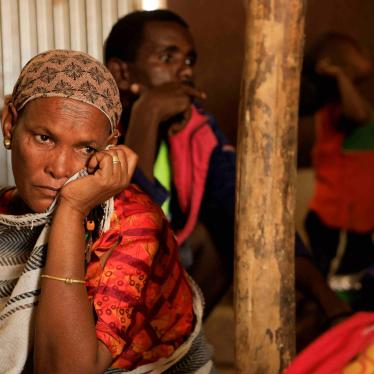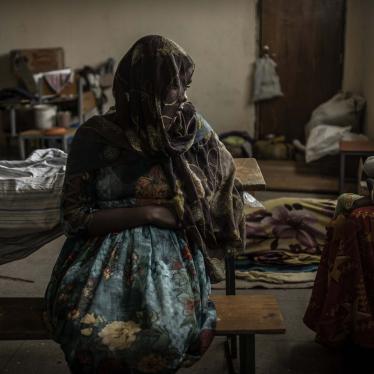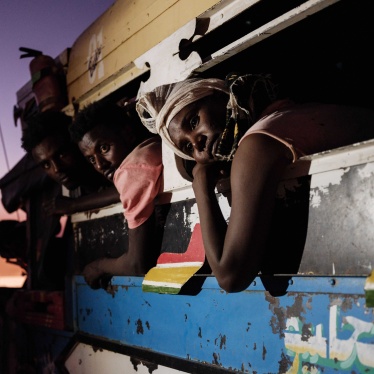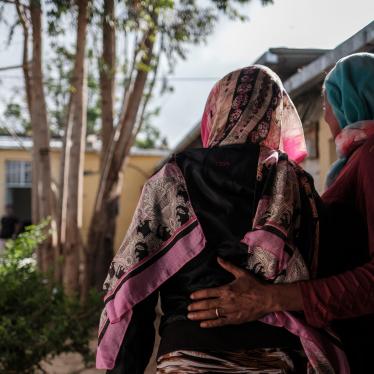As rights abuses continue unabated in Ethiopia, international scrutiny is key.
The Human Rights Council’s establishment of the International Commission of Human Rights Experts on Ethiopia (ICHREE) sent a strong message that accountability for the grave crimes committed since the conflict’s onset in November 2020 was a priority.
Warring parties have carried out widespread human rights and laws-of-war violations, including massacres, sexual violence, deliberate attacks on aid workers, and pillage of civilian infrastructure.
Abuses are ongoing. For one year now the Ethiopian government has effectively besieged Tigray. While allowing some supplies, notably food, to reach the region’s capital, since the declaration of a humanitarian truce, access to other supplies, such as fuel remains limited. Communications, banking, and electricity remain restricted.
In Western Tigray, Amhara security forces and officials have conducted an ethnic cleansing campaign against Tigrayans, where Tigrayans remain in inhumane detention conditions.
Many of these abuses began in the first nine months of the conflict; in-depth investigations into the trends since November 2020 remain critical.
In the Amhara and Afar regions, Tigrayan forces’ executed civilians, committed widespread sexual violence, and pillaged civilian infrastructure, resulting in lasting harm.
Rights crises in other parts of Ethiopia cannot be ignored. In Oromia, government forces have carried out executions, and mass arrests. Armed groups have also executed and attacked minority communities. A large-scale attack against Amharas on June 18 killed scores, many of them women and children.
International scrutiny and genuine accountability can help prevent further abuses and violence. The Commission’s work is vital to that endeavor. States should formalize that commitment by ensuring the Commission has the support and sufficient resources for it to effectively carry out its mandate.








